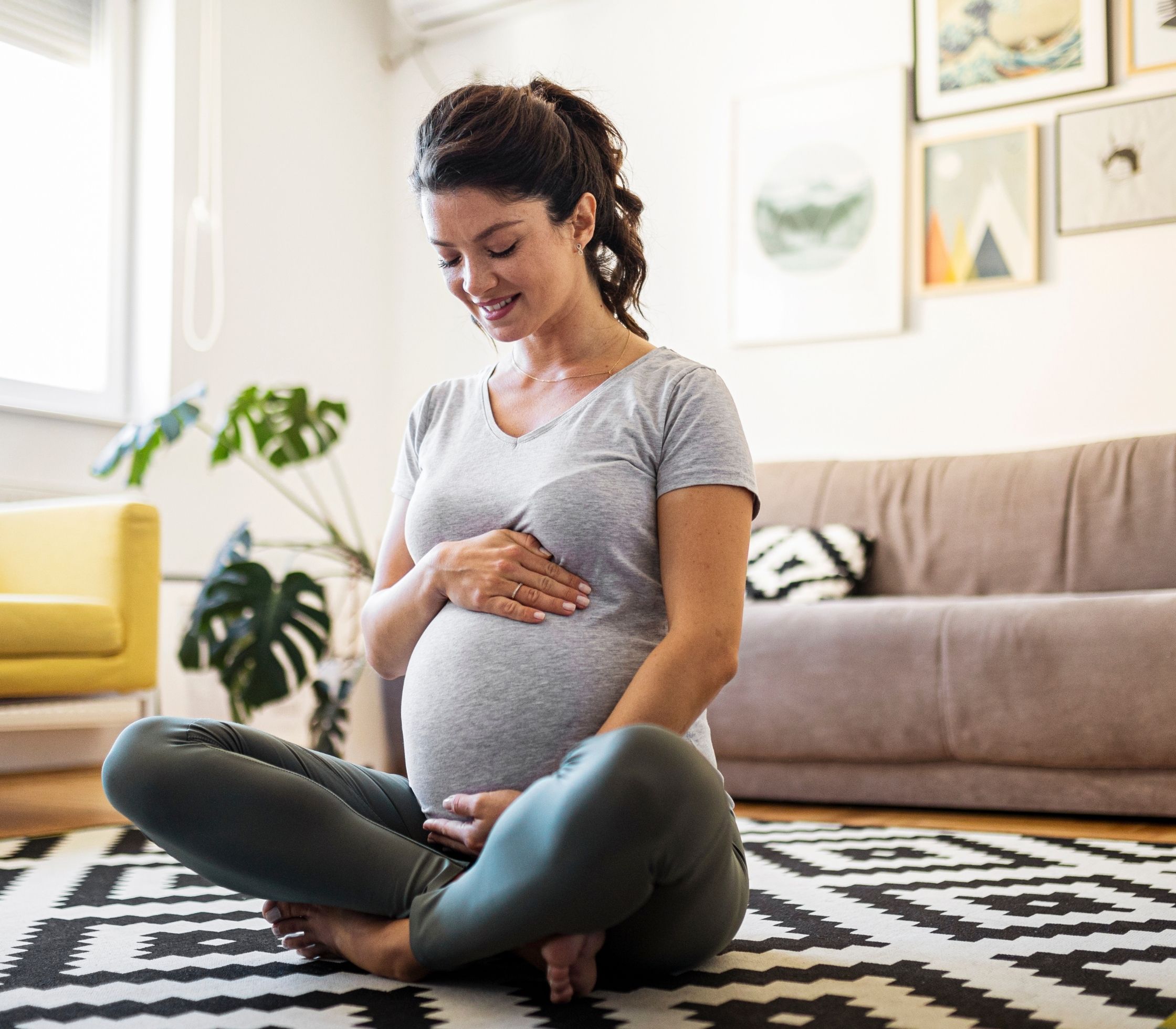
Infertility affects about 17.5% of the adult population, and about 1 in 5 couples (19%) will experience difficulties getting pregnant overall. Egg donation is one of many avenues for those struggling with infertility to still start their families due to this revolution in reproductive medicine! But what does donating eggs mean for the donor’s reproductive health? Can egg donation cause infertility down the line?
Read on as we shed light on the reproductive realities of egg donation and female fertility in the short and long term.
Does Egg Donation Affect Fertility?
So, does egg donation affect fertility? The short answer is, No! There is no scientific evidence to lead to any conclusion that donating your eggs will cause any infertility issues or prevent you from having your own children when and if you are ready. The American Society of Reproductive Medicine (ASRM) creates necessary guidelines on how many times you can donate your eggs to ensure that donating will not deplete your egg supply or affect fertility. As you will read below, only a select number of eggs are retrieved for each donation which is very small compared to the amount you come in with!
It is always important to choose an accredited egg bank to donate your eggs with, that follows all ASRM guidelines for donor safety, like us!
Frequently Asked Questions About Egg Donation and Fertility:
Here are some more common queries about becoming an egg donor but wanting to look out for your future fertility!
How many eggs will I lose from donating my eggs?
Let’s start with some reassurance. For context, when you are born, you will have around 1 to 2 million eggs (oocytes) in your ovaries! After this point, you will not make any more eggs, and after each menstrual cycle, that number slightly decreases. In a single cycle, you will lose only 1,000 immature eggs, and one mature egg. This is why we only allow women to donate up to 32 years old, as after that age your number of healthy eggs will decrease. This age restriction therefore ensures that women’s fertility won’t be affected once their egg reserve begins to lessen. When you donate your eggs with The World Egg and Sperm Bank, we stimulate and retrieve a select number of eggs, no more than what you would already lose in a single menstrual cycle naturally. While the number ranges, we typically retrieve 10-20 matured eggs.
If I have PCOS, can I still donate my eggs?
PCOS, otherwise known as How to Choose an Egg Donor, is a hormonal disorder which causes enlarging of the ovaries and the production of multiple cysts. There are many other symptoms of PCOS, including fertility issues. In terms of egg donation, PCOS does not automatically disqualify you from donating, but is a contributing factor we consider.
Can I become pregnant during the egg donation process?
This may seem like an odd thing to consider but it is possible! During the two weeks before your egg retrieval procedure, you will be self-administering hormonal injections with small, subcutaneous needles to help stimulate and prepare a select number of eggs. During this point in time, you will be extremely fertile, with high likelihood of pregnancy, even multiple fetuses.
This is why we ask our egg donors to abstain from sexual intercourse during that time.
What are the risks of egg donation?
While we can confirm there are no effects on fertility after egg donation, with any medical procedure there are rare but potential risks that we inform our donors of:
- Risk of infection: With any surgical procedure, there is a small risk of infection, and antibiotics are used to minimize this risk.
- Risk of allergic reaction: Whenever general sedation or “twilight sedation” is used there is a small risk of allergic reaction. This is why we constantly monitor our egg donors during the process.
- Risk of Ovarian Hyperstimulation Syndrome: OHSS is an extremely rare condition and severe cases only occur in 1% of donors worldwide, and only .01% of The World Egg and Sperm Bank donors. To minimize the risk of OHSS, we closely monitor how each donor responded to the medication and adjust them as necessary.
We will always ensure our egg donors’ general safety and protect their reproductive health, the same as our intended parents! We will always remain transparent and make sure you are informed of any potential effects of the egg donation process.
Apply to Be an Egg Donor!
if you’re considering taking this extraordinary journey, we encourage you to take the next step and apply to become an egg donor! Your generosity can empower others to fulfill their most cherished dreams of entering parenthood.
Follow us on our socials!
Check out our Instagram, Facebook, and LinkedIn pages to see our content and learn more!


